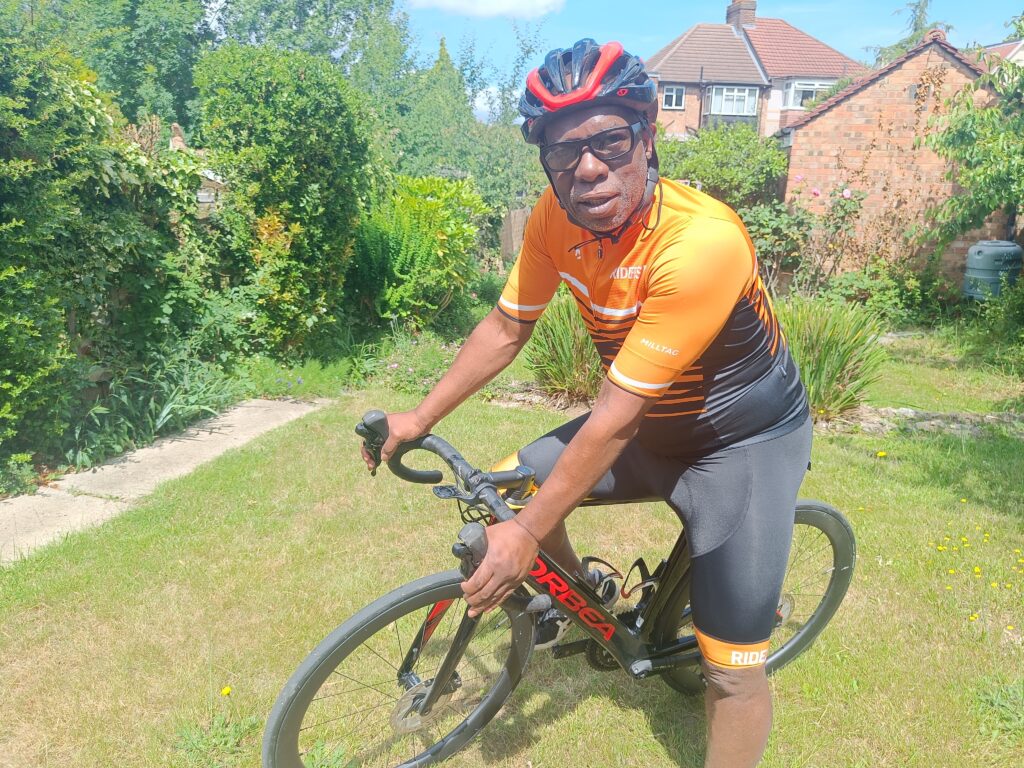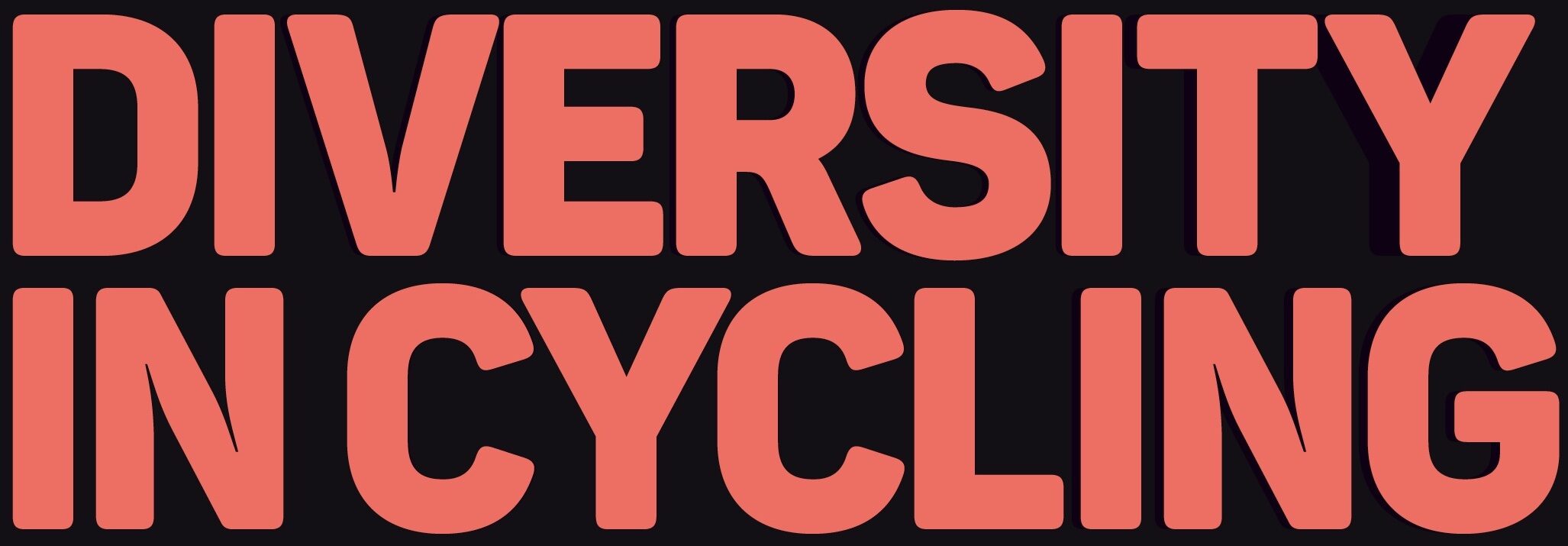Athletics had a problem. When I stopped competing as a sprinter and became a coach in the 1980s, you could count the number of black coaches on one hand. Only John Isaacs and Juno Fields, my own coach, come to mind. I took up coaching because these two men normalised the idea that I, too, could become a coach. Today, the landscape looks very different, and the former sprinter, Christian Malcolm, is the Head Coach of the British Athletics Olympic Programme, the first black person to hold that position. Athletics has got its house in order.
Cycling has a problem. Until very recently, you would have to search around to count the number of black British Cycling coaches qualified at Level 2 or higher. I have been a BC qualified coach for many years, coaching for GS Avanti, my first claim club, and Islington CC, for whom I am the Head Youth Coach. I have built up the youth section from scratch to the point that the club now has a number of promising youngsters eager and able to mix it with the best in their age group.
When I started RideFest with my fellow cyclist, Enitan Shonibare, in 2016, we envisaged a level playing field where you could jump on your bike and cycle – regardless of what shape you were, how much you weighed, how much your bike costs, and how often you shaved your legs. RideFest is unique in its collective camaraderie and is known for its 50:50 gender split; women do not feel intimidated by the Lycra-clad, testosterone-fuelled machismo found in plentiful supply in nearly every cycling club up and down the country.
RideFest is blessed to be able to call on the experience of four coaches, two men and two women, in addition to myself. We all work together both as RideFest and with other groups within the community to develop more riders and create more pathways.
The longevity and success of RideFest have not happened by accident. Its members are a collection of like-minded individuals, who look out for each other, who support each other, and encourage every pedal turn whether it is the first nervous wobble on the bike or pushing those who want to complete their first century or their first sportive. The success of RideFest has happened, too, through a shared understanding of diversity and inclusion and a voracious drive to change the landscape of what it means to be a black cyclist in an unapologetically white landscape.
All my fellow coaches work with multiple groups within the cycling community, and many are focused on coaching young riders. This is an essential ingredient in transforming our sport. For that reason, I am also part of the British Cycling Youth Talent Development Pathway coaching team. If we are to diversify talent pathways, we must diversify coaching. For any young person coming into cycling who sees a coach who looks like them, that connection is priceless. Look at what was achieved in athletics, and you will see what can be achieved in cycling.
Richard Liston coaches British Cycling’s Youth Development Pathway programme and is co-founder of RideFest. He is a lecturer and journalist and has written for The Observer and The Sunday Times, including covering professional cycling.

Picture: Richard Liston, courtesy of Richard Liston
